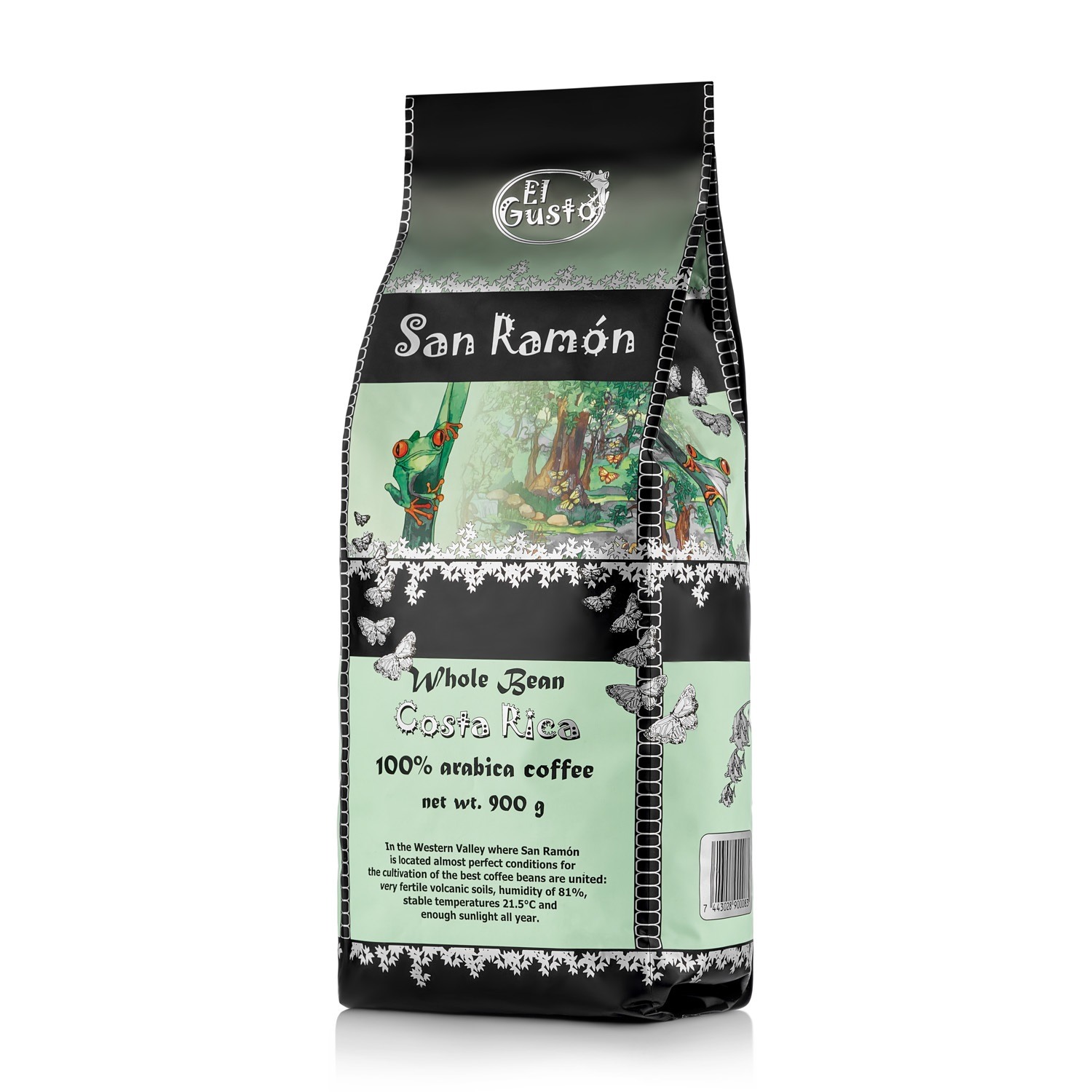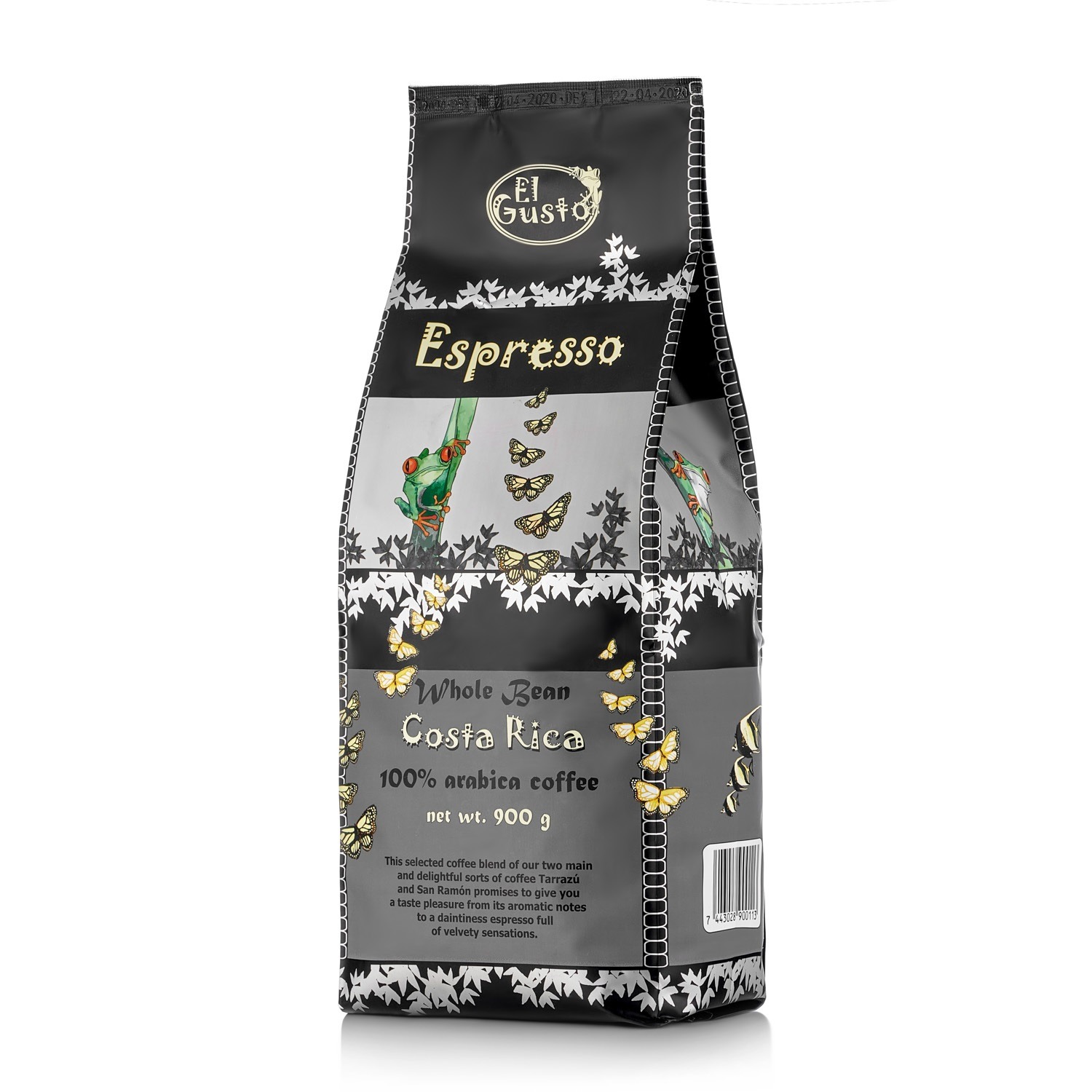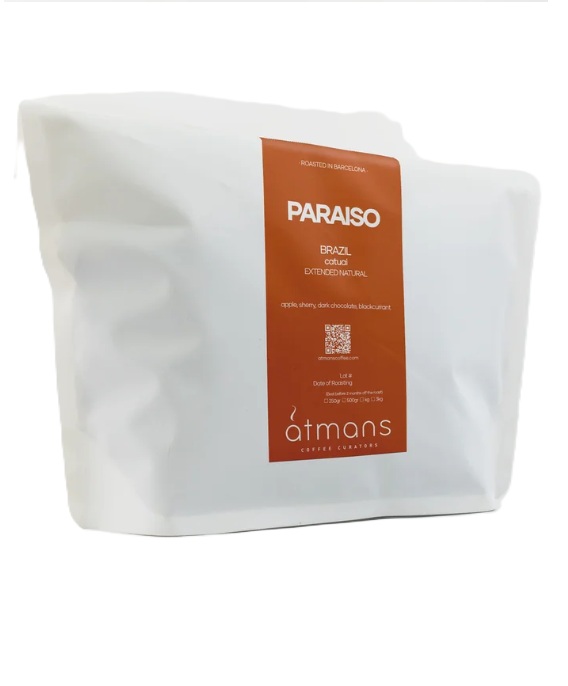
Can You Drink Coffee While Intermittent Fasting?
Table of Contents
Can You Drink Coffee While Intermittent Fasting?
- Adam Smith
- 21-05-2024
- 23-07-2025
- 1557 views
- coffeepedia

Intermittent fasting (IF) has become a popular dietary trend for its potential health benefits, including weight loss, improved metabolic health, and increased longevity. However, as with any dietary regimen, questions arise about what is permissible during the fasting period. One common query is whether coffee can be consumed without breaking the fast. In this comprehensive guide, we’ll explore the relationship between coffee and intermittent fasting, the potential benefits and drawbacks, and how to enjoy your coffee while adhering to your fasting plan.
What is Intermittent Fasting?
Intermittent fasting is an eating pattern that cycles between periods of eating and fasting. Unlike traditional diets that focus on what you eat, intermittent fasting is concerned with when you eat. The most common methods include:
- 16/8 Method: Fasting for 16 hours and eating during an 8-hour window each day.
- 5:2 Diet: Eating normally for five days a week and significantly reducing calorie intake on the other two days.
- Eat-Stop-Eat: Fasting for 24 hours once or twice a week.
- Alternate-Day Fasting: Alternating between days of normal eating and fasting or very low-calorie intake.
The idea behind intermittent fasting is that by extending the period without food, the body exhausts its sugar stores and starts burning fat for energy, leading to various health benefits.
Coffee and Intermittent Fasting
Coffee, a beloved beverage for its stimulating effects and rich flavor, is often at the center of the intermittent fasting debate. Here’s a detailed look at how coffee interacts with fasting and its potential impact on your fasting regimen.
Does Coffee Break a Fast?
The primary concern with coffee consumption during fasting is whether it disrupts the fasting state. The short answer is no; black coffee does not break a fast. Here’s why:
- Calorie Content: Black coffee contains very few calories (typically around 2-5 calories per cup), which is negligible and unlikely to affect your fasting state.
- Metabolic Impact: The minor caloric content of black coffee does not spike insulin levels or significantly alter your metabolism, thus maintaining the benefits of fasting.
However, once you start adding sugar, cream, or other caloric additives, the situation changes. These additions can introduce significant calories and sugar, potentially breaking your fast and affecting your insulin response.
Benefits of Drinking Coffee While Fasting
- Appetite Suppression: Coffee is known for its appetite-suppressing properties, which can help reduce hunger pangs during the fasting period.
- Increased Metabolism: The caffeine in coffee can boost metabolic rate, aiding in fat burning and energy expenditure.
- Enhanced Physical Performance: Caffeine can improve physical performance by increasing adrenaline levels and releasing fatty acids from fat tissues, providing more energy for workouts.
- Mental Alertness: Coffee can enhance cognitive function, keeping you alert and focused, which is particularly beneficial during the fasting state when you might experience energy dips.

Potential Drawbacks
While coffee can be beneficial, there are some potential drawbacks to consider:
- Digestive Issues: Coffee can stimulate the production of stomach acid, which might lead to digestive discomfort or exacerbate conditions like acid reflux.
- Dehydration: Coffee is a diuretic, which means it can increase urine production and potentially lead to dehydration if not consumed with adequate water.
- Increased Anxiety: High caffeine intake can lead to increased anxiety or jitteriness, particularly on an empty stomach.
How to Enjoy Coffee While Intermittent Fasting
To maximize the benefits of coffee during intermittent fasting, consider the following tips:
Stick to Black Coffee
As mentioned earlier, black coffee is your best bet during fasting periods. Avoid adding sugar, cream, or milk to prevent breaking your fast. If you find black coffee too bitter, try these alternatives:
- Cold Brew: This method produces a smoother, less acidic coffee.
- Americano: Dilute espresso with hot water to achieve a milder flavor.
- Spices: Add a pinch of cinnamon or nutmeg for flavor without calories.
Monitor Your Caffeine Intake
While moderate coffee consumption is generally safe, excessive caffeine can lead to negative side effects like insomnia, increased heart rate, and anxiety. Aim to limit your coffee intake to 2-3 cups per day.
Stay Hydrated
Since coffee is a diuretic, it’s important to drink plenty of water throughout the day to stay hydrated. This will help mitigate any dehydrating effects of the coffee.
Timing Matters
The timing of your coffee consumption can also impact your fasting experience:
- Morning Coffee: Drinking coffee in the morning can help kickstart your day, providing energy and mental clarity.
- Pre-Workout: Consuming coffee before a workout can enhance performance and fat burning.
- Avoid Late Afternoon/Evening: To prevent caffeine-related sleep disturbances, avoid drinking coffee late in the day.
Alternatives to Coffee

If you’re looking for alternatives to coffee during your fasting periods, consider the following options:
- Tea: Both green tea and herbal teas are low in calories and offer various health benefits, such as antioxidants and appetite suppression.
- Apple Cider Vinegar: Diluted apple cider vinegar can be consumed during fasting for its potential benefits in controlling blood sugar and promoting satiety.
- Water: Staying hydrated is crucial during fasting. Drinking water, whether plain, sparkling, or infused with lemon, can help manage hunger and support overall health.
Conclusion
In summary, drinking black coffee during intermittent fasting is generally acceptable and can even offer several benefits, such as appetite suppression, increased metabolism, and enhanced cognitive function. However, it’s crucial to avoid adding caloric ingredients to your coffee and to monitor your overall caffeine intake to prevent potential negative side effects.
By understanding the interaction between coffee and fasting, you can make informed choices that align with your health goals and enhance your intermittent fasting experience. Whether you’re new to intermittent fasting or a seasoned practitioner, incorporating coffee mindfully into your routine can be a game-changer.






















